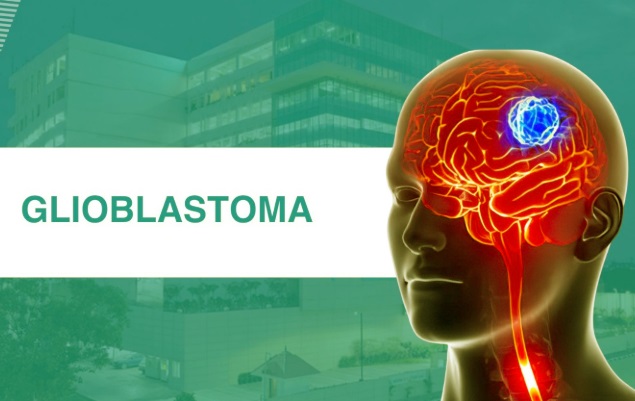Nikhil Prasad Fact checked by:Thailand Medical News Team May 05, 2025 9 months, 1 week, 2 days, 56 minutes ago
Medical News: In a promising discovery for brain cancer treatment, researchers from the University of Guelph and Health Canada have found that a natural derivative of vitamin A called all-trans retinoic acid (ATRA) could weaken some of the most dangerous features of glioblastoma, the deadliest form of brain tumor.
 Retinoic Acid May Hold Key to Weakening Glioblastoma Resistance
Retinoic Acid May Hold Key to Weakening Glioblastoma Resistance
Glioblastoma is known for its aggressive nature and resistance to current treatments like surgery, chemotherapy, and radiation. A major reason for its stubborn survival lies in a small group of cancer cells known as cancer stem-like cells (CSCs). These cells not only help the tumor grow back after therapy, but also resist drugs like temozolomide (TMZ), a widely used chemotherapy agent. This
Medical News report highlights how scientists have zeroed in on a new strategy to undermine these troublesome cells by making them act more like regular, less dangerous ones.
How retinoic acid disrupts cancer stemness
The study was led by Justin Tang from the Department of Biomedical Science at the University of Guelph and Raymond Yang from the Department of Surveillance & Evaluation at Health Canada. The research involved two commonly used human glioblastoma cell lines, U87-MG and A172, which were grown under conditions that encouraged them to take on stem-like properties.
When treated for five days with ATRA at a concentration of 1 micromolar, the glioblastoma cells began showing important changes. The scientists found that two key genes linked to stemness—SOX2 and Nestin (NES)—were drastically reduced. In U87-MG cells, SOX2 levels dropped by 3.7-fold and NES by 4.1-fold. In A172 cells, SOX2 and NES dropped by 2.9- and 3.3-fold respectively. These two genes are essential for the cancer cells to maintain their aggressive, stem-like nature.
This suggests that ATRA might force the cancer cells to “grow up” or differentiate, stripping them of the traits that make them more dangerous and resistant.
Retinoic acid also lowers drug resistance gene
But the most eye-catching finding was ATRA’s impact on a gene called MGMT (O6-methylguanine-DNA methyltransferase). MGMT repairs the very DNA damage that TMZ tries to cause in cancer cells, effectively acting like a shield. High levels of MGMT are one of the biggest reasons why glioblastoma doesn’t respond well to TMZ.
In the study, ATRA reduced MGMT gene expression by 2.6-fold in U87-MG cells and 2.2-fold in A172 cells. By lowering MGMT, ATRA could potentially make glioblastoma cells more vulnerable to chemotherapy, offering a valuable double punch—targeting both the stem-like traits and the drug-resistance machinery.
Why this matters and what comes next
The study presents a strong case for using ATRA as part of a new treatment strategy. By nudging cancer cells away from their stem-like state and making them more sensitive to chemotherapy, ATRA could offer real benefits fo
r glioblastoma patients—especially those whose tumors express high levels of MGMT and are resistant to current treatments.
While these findings are based on laboratory experiments, the consistency of results across both cell lines makes the case stronger. The next step would be to test ATRA in animal models and eventually in clinical trials to see if it can work in real patients. Researchers also hope to explore whether combining ATRA with TMZ could provide even better outcomes.
The conclusion of the study is clear—ATRA not only suppresses the aggressive stem cell-like nature of glioblastoma cells but also reduces a key resistance factor, MGMT. This dual-action could form the basis of a new therapeutic approach aimed at overcoming glioblastoma’s notorious resistance and helping extend the survival of patients battling this relentless cancer.
The study findings were published on a preprint server and are currently being peer reviewed.
https://www.preprints.org/manuscript/202504.1196/v1
For the latest on Glioblastoma, keep on logging to Thailand
Medical News.
Read Also:
https://www.thailandmedical.news/news/covid-19-and-glioblastoma-onset
https://www.thailandmedical.news/news/amino-acid-deprivation-as-a-new-hope-in-glioblastoma-treatment
https://www.thailandmedical.news/news/university-of-mississippi-study-shows-that-juice-of-the-cornelian-cherry-can-help-with-glioblastoma
https://www.thailandmedical.news/articles/cancer
https://www.thailandmedical.news/pages/thailand_doctors_listings
